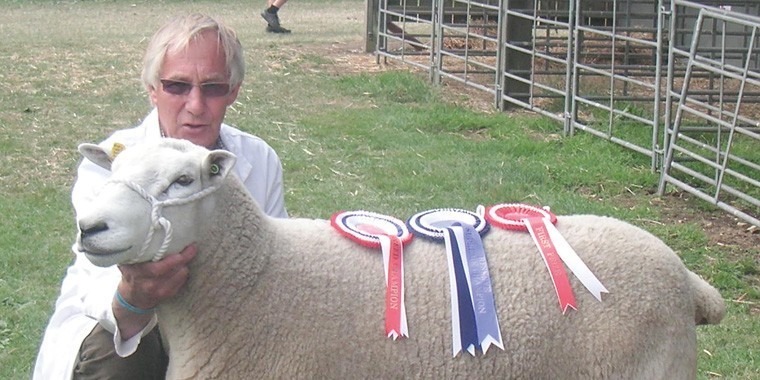To some yesterday’s result was a triumphant victory and to others a complete disaster. But neither side has anything to crow about – neither the campaign nor the result. The latter, which very finely balanced up until the very last days if not hours of campaigning, is, sadly very much more divisive than it is decisive, both for the UK and the rest of Europe. The full impact will take a long time to be fully felt. The one thing that we can all agree on is that it was an historic occasion that will change the course of UK history. Only time will tell if we end up celebrating it as “Independence Day.”
So what will be the impact on the sheep sector? In the short term very little will change. Once we trigger our exit process we will have a transitional period of two years, possibly longer, in which to negotiate our terms for departure. For those two years the status quo should hold sway and that includes the basic payment and agri environment scheme monies. In the very short term the dramatic fall in the value of sterling will certainly make our lamb more attractive to European markets, which should help to drive up demand and prices. Just how short term this is does depend on how long it takes for money markets to stabilise, so it could be for some time. Long term instability may boost our opportunities for exports but any resulting financial downturn in the UK may well have a significant impact on domestic consumption and demand. Lamb is still considered very much at the luxury end of the meat market: the weak pound is very much a double edged sword.
Longer term prospects will depend very much on what sort of trade agreements we are able to negotiate with the rest of the European Union and the rest of the world. Currently the prospects do not look too good, the United States has already stated that the UK will be at the back of the queue when it comes to trade negotiations: its priority will be with the much larger EU trading block.
As far as the rest of the EU is concerned our decision to exit has not met with universal approval. We are already being encouraged to complete our exit sooner rather than later. We certainly can’t expect all the good bits, free market access etc without having to sign up to a lot of the bits that we supposedly don’t want such as free movement of labour. Our decision to leave has triggered unrest in a number of other member countries. Favourable trading arrangements for the UK post exit will only foment further unrest and could well precipitate a gradual unravelling of the EU; as a result, generous trading arrangements really are an unlikely outcome. There are plenty who will say that we don’t need to trade with the EU, but this simply defies logic. It’s akin to saying that you can drive from Kent to Manchester, for example, for your weekly shop rater than simply walk to you local store.
Quite apart from trade, we all need to consider the impact of any significant changes to agricultural support measures. After all the average farm business derives some 55% of its income from support payments. The exit campaigners made all sorts of promises about maintaining levels of support, but it’s easy to make promises. I had an email from a friend a little while ago who said that he had seen a sewerage tanker driving down the road, on the side of which some wag had scrawled “Full of political promises.” It is not quite so easy to come up with the money.
We also need to remember that politicians will always have an eye on the next election and as sheep producers and farmers we are relatively unimportant in the political arena. We certainly do not enjoy the level of public support that benefits our continental neighbours – support that, over the years, has also benefited us.
I do hope, for the next generation of farmers, that things progress well and that we can have a smooth transition with some favourable trading agreements with both the EU and the rest of the world. But long term we should all be looking at farming without support payments in a way that is flexible, adaptable and resilient enough to withstand the volatility of a global market place. After all as sheep producers that is what one of our main competitors in the global market has had to do and has done quite successfully for several decades.
Bluetongue continues its steady movement north through France and there is now only a band, one department wide, between the French Bluetongue restricted zones and the French channel coast. The forecasts for Bluetongue crossing the Channel by late summer/early autumn are still quite high at 80%, but at least now we have supplies of vaccine coming on line. A Spanish company is producing BTV8 vaccine, which should be available in the UK in July. Do speak to your vet about the need to vaccinate and how to order vaccine supplies.




